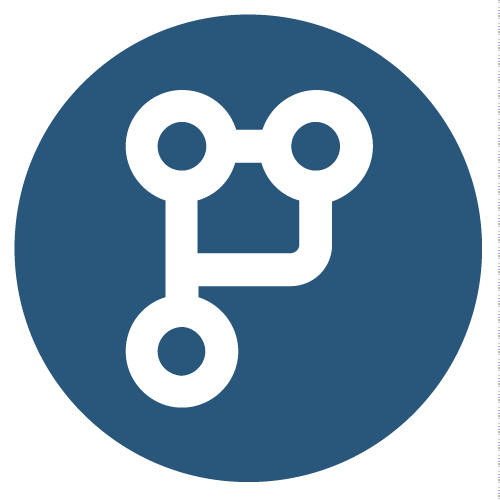
When using npm to manage your JavaScript packages, you might occasionally encounter a puzzling situation: npm is fetching a dependency that isn’t listed in your package-lock.json. Understanding why this happens is key to ensuring the security and integrity of your project. Let’s dive into some common reasons and examples to demystify this behavior.
Understanding package-lock.json and package.json
Firstly, it’s essential to grasp the roles of package-lock.json and package.json in your Node.js project. The package.json file lists the packages your project depends on, specifying versions in a range that you consider acceptable. On the other hand, package-lock.json is automatically generated and records the exact version of every package that is installed. This file ensures that the same versions are installed in every environment, providing consistency.
Scenario: Dependencies from GitHub Repositories
One of the common reasons why npm might fetch a dependency not listed in your package-lock.json is when your package.json includes dependencies from GitHub repositories. For example:
"dependencies": {
"some-library": "github:username/repository#branch"
}
In this case, npm might need to build the project from the source. During the build process, it fetches the development dependencies of the GitHub-based package, which are necessary for the build but are not included in your project’s package-lock.json. This behavior can lead to unexpected dependencies being downloaded and used in your project.
Relative File Paths
Another scenario involves dependencies defined with relative file paths in package.json. This method is often used for local packages or modules not published to the npm registry. For example:
"dependencies": {
"local-module": "file:../path/to/local/module"
}
When you install dependencies using npm, it also installs the dependencies of these local modules. However, these nested dependencies might not appear directly in your package-lock.json file, leading to the unexpected fetching of packages.
Handling Peer Dependencies
Peer dependencies represent a special category. These are not automatically installed but are expected to be present in the consuming environment. If a package you are using has peer dependencies, you might find npm fetching them, especially if they are required for the package to function correctly.
Addressing the Unexpected Dependencies
Understanding why these dependencies are fetched is one thing, but addressing them is another. Here are some steps to manage such situations:
Review Your
package.json: Regularly check yourpackage.jsonfor any dependencies fetched from repositories like GitHub. Ensure that you trust these sources and understand their build process.Audit Your Dependencies: Use tools like
npm auditto scan for vulnerabilities in your project dependencies, including those not listed in yourpackage-lock.json.Update Your Dependencies: Keep your dependencies up-to-date. Older versions might have dependencies that are no longer required in newer versions.
Use
npm ls: Runnpm ls <dependency-name>to understand why a particular dependency is installed. This command shows the dependency tree and helps in identifying the source of indirect dependencies.
Conclusion
In conclusion, dependencies not listed in your package-lock.json can be fetched due to various reasons, including dependencies from GitHub repositories, indirect dependencies, and peer dependencies. By understanding these scenarios and taking proactive steps to manage your dependencies, you can maintain a secure and efficient Node.js project.
For more insights on managing Node.js projects and dependencies, visit the official npm documentation. Stay tuned for more tips and tricks on navigating the complexities of software dependencies!
